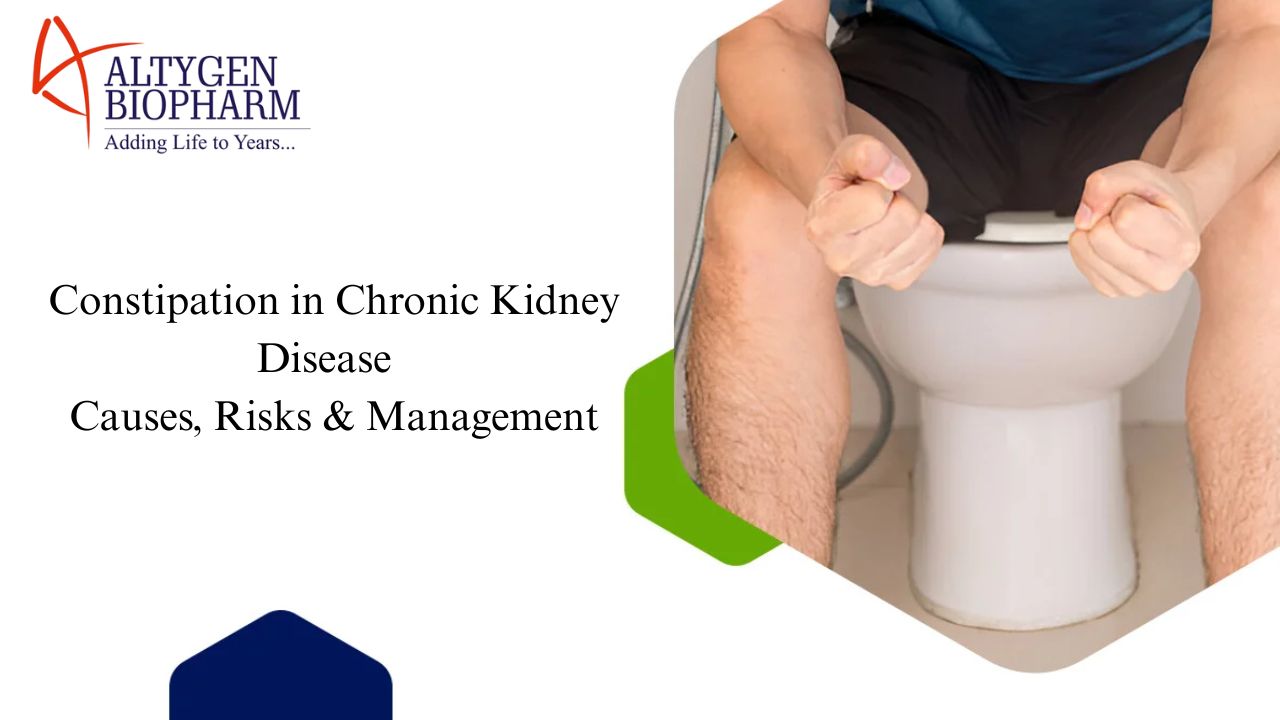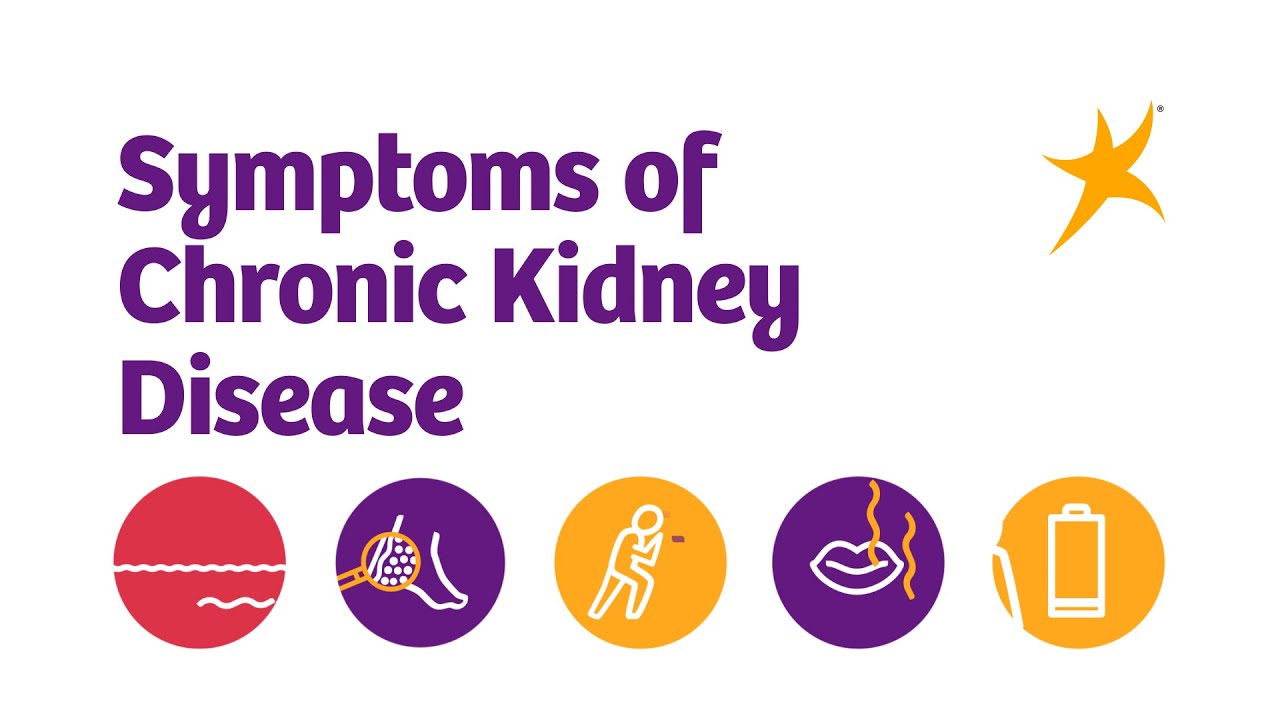Constipation is a common and often overlooked problem for individuals with Chronic Kidney Disease (CKD). It can significantly impact their quality of life and is linked to adverse health outcomes like cardiovascular disease and mortality. While often perceived as a minor issue, constipation in CKD can stem from various factors including dietary restrictions, medication side effects, and reduced physical activity. Managing constipation in CKD requires a multi-faceted approach, including lifestyle adjustments and, when necessary, medical interventions.
Understanding Constipation in CKD:
- Prevalence: Constipation is highly prevalent among CKD patients, affecting their physical and mental well-being.
- Contributing Factors:
- Dietary Restrictions: Renal diets often restrict fiber intake to manage phosphorus and potassium levels, which can worsen constipation, according to a blog on Nutrikonnect.
- Medications: Phosphate binders and other medications commonly used in CKD can also contribute to constipation.
- Reduced Activity: CKD can lead to decreased physical activity, further slowing down bowel movements.
- Altered Gut Microbiota: Changes in gut bacteria composition (gut dysbiosis) are also implicated in CKD-related constipation, says a study published on BioMed Central.
-
Consequences:
Beyond the discomfort, constipation in CKD can lead to:- Reduced Quality of Life: Difficulty with bowel movements, bloating, and abdominal pain can significantly impact a person's daily life.
- Increased Risk of Cardiovascular Events and Mortality: Studies have linked constipation to a higher risk of heart problems and death in CKD patients.
Managing Constipation in CKD:
-
Lifestyle Modifications:
- Increase Fiber Intake: While mindful of potassium and phosphorus levels, patients can explore incorporating more fiber-rich foods like fruits, vegetables, and whole grains within their dietary restrictions.
- Increase Fluid Intake: Staying hydrated is crucial for softening stools and promoting bowel regularity.
- Regular Exercise: Gentle exercises like walking can help stimulate bowel movements.
- Probiotics: Discuss with a healthcare professional about the potential benefits of probiotics for gut health and constipation relief.
- Medical Interventions:
- Laxatives: Doctors may recommend over-the-counter or prescription laxatives like polyethylene glycol (PEG) or lactulose to help relieve constipation.
- Stimulant Laxatives: Stimulant laxatives like Senna may be used,
- Addressing Underlying Causes: Identifying and managing any other contributing factors like diabetes or hyperparathyroidism can also be crucial.
- Regular Monitoring: It's essential to monitor bowel habits and consult with a healthcare professional regularly to adjust management strategies as needed.
Importance of Addressing Constipation:
Constipation in CKD is not just a minor inconvenience; it's a significant health concern with potential long-term consequences. By understanding the causes, implementing appropriate lifestyle changes, and seeking medical guidance, individuals with CKD can effectively manage constipation and improve their overall health and well-being, {according to a study published on Nature https://www.nature.com/articles/s41598-024-83855-w}.
Leave a Reply
Your email address will not be published. Required fields are marked *









